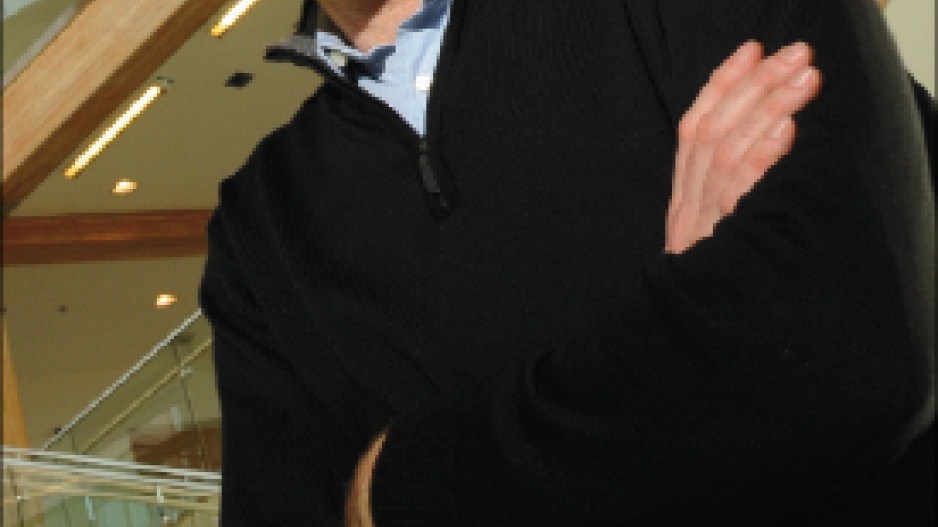Vancouver has developed a serious reputation as one of North America’s green leaders. Developers are even travelling to Vancouver from as far as Beijing because they see the region as the home of green-technology pioneers.
It wasn’t a surprise, then, that in 2010, Vancouver Mayor Gregor Robertson signed a partnership deal with the University of British Columbia to work together to build on that reputation by making Vancouver the world’s greenest city by the year 2020.
UBC was already regarded as a hub for innovators and visionaries who wanted to research new eco-friendly ideas, and many of the residents who live in the city were demanding sustainable solutions for the future.
Contributions to sustainable solutions came in the form of Kevin Hydes, under whose guidance Keen Engineering had, by 2005, assembled the world’s largest cadre of professionals accredited in Leadership in Energy and Environmental Design (LEED). Vancouver now boasts some of the most sought-after green design and engineering firms in the Western Hemisphere.
But much can also be attributed to the environmental make-up of B.C. itself; its ecological wealth has made it a locus for converging issues surrounding environment, energy and sustainability. The attention has prompted a fundamental shift in the perception of environmental issues across a spectrum of stakeholders.
The Green Economy strategy includes advancing key areas such as education and construction, and civic leaders conduct ongoing consultations with local tech companies at the industry’s leading edge in order to stay current.
“We see it as an opportunity to grow our economy and support the local clean-tech companies that are really leading things,” says Sadhu Johnston, Vancouver’s deputy city manager.
“There are significant opportunities in the design and construction of these types of buildings and in the production of supplies that are needed for this type of work.”
It’s a sentiment echoed by Susan Nesbit, senior instructor from UBC’s civil engineering department. “I think we are at the stage now where it is time to start invoking what amounts to technological expertise in order to operationalize what’s needed in the industry.”
Their optimism, however, gives rise to a looming question about whether or not Vancouver has qualified, and perhaps more importantly, like-minded engineers to meet the demand. Engineers of the past look quite different from those required for the job.
An integrated design approach is key to successful, and profitable, development, and that’s a concept that traditional, conservative engineers find difficult to assimilate. The hope for the future, says Martin Nielsen, principal at Perkins+Will Canada, lies in the students of the future. “Incoming students are demanding these kinds of courses,” he said. “And they want professors who are pushing these ideas.”
There’s little debate that the technology seems to be available. But the will to implement it may be a bit more difficult to come by. “There’s a bit of a vacuum out there in terms of knowledge and application of those skills and I think that there’s going to be a huge demand for it,” says Nielsen. “There’s a multitude of opportunities to specialize in this field, in particular in the technology of energy, water, waste and material science, and there’s an incredible appetite for it.”
Nielsen and others have used Vancouver’s reputation to create a niche in the industry, and they’re capitalizing on it.
“Those firms that don’t make the change will be the dinosaurs - they will suffer their own extinction,” said Nielsen. “We’re always looking for new talent.” •




